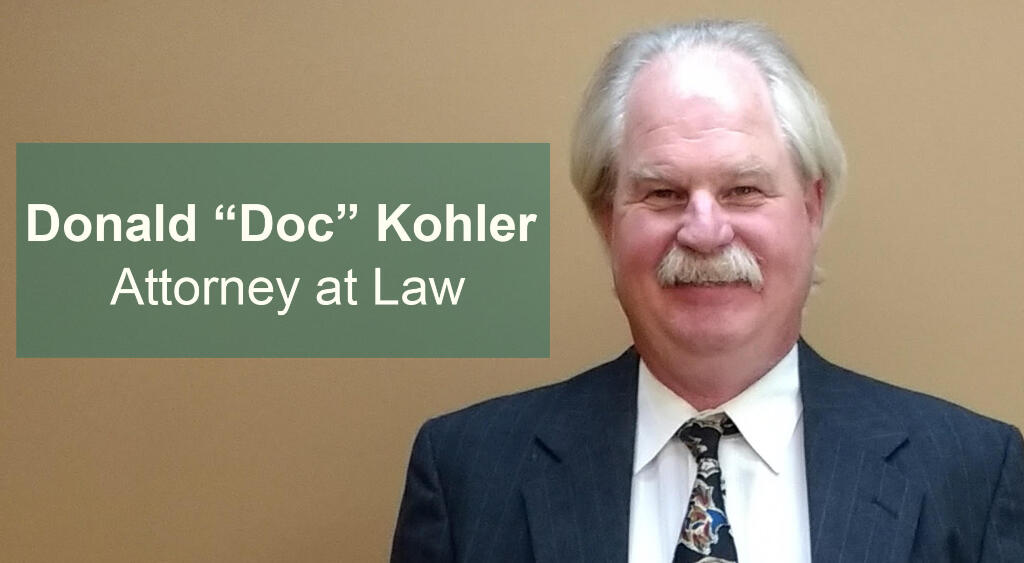
LEARN MORE ABOUT DON KOHLER
MEDICAID TRUSTS Medicaid is a needs-based (welfare) benefit program administered separately by each state, but funded in part by the federal government and in part by each state. A person qualifying for Medicaid is allowed to have only a minimal amount of assets, other than a home. Although each state may have certain differences in its particular Medicaid regulations, each must follow certain basic federal guidelines in order to be eligible for the federal subsidy. One of those guidelines is the waiting period imposed on a person who transfers assets and later applies for Medicaid benefits. The basic rule is (in every state) that if a person makes a gift of assets and the gift is not connected with a trust, and if the person applies for Medicaid within 36 months of the date of the gift (the "look-back" period), then the amount of the gifted assets will be taken into consideration in determining whether the person will be entitled to Medicaid benefits. If the gift involves a trust, then the look-back period is generally sixty months. However, subject to the notable exceptions for certain trusts, if the trust to which the assets are transferred allows any benefits to be distributed to the person who established the trust, then the look-back period does not apply because federal law provides that the assets of a trust, to the extent they may be paid to the person establishing the trust, will be considered accessible to him for Medicaid eligibility purposes. For instances, say that John creates and funds an irrevocable trust which provides that the trustee can pay to John any part or all of the trust income or principal as the trustee in its discretion deems appropriate. In this case, all of the trust assets are considered available to John, whether or not paid to him, and it will not matter whether he applies for Medicaid ten months or ten years after the trust is established. Keep in mind that even if the trust directs the trustee not to make any payment that would jeopardize or terminate John's eligibility for Medicaid, all of the trust assets would be considered available to John. Such a provision (called an exculpatory clause) is useless to protect the assets of a self-settled trust. Using these rules as a basis for planning, if we restrict the benefits we can receive from the trust and if we wait sixty months before applying for Medicaid, then the restricted amount or portion can be protected. Here is how it can work in practice: Margo establishes an irrevocable trust to which she transfers $400,000 worth of investments. The terms of the trust allow the trustee to pay Margo any dividends and interest from the investments but under no circumstances is Margo to receive any of the principal. About fifty months after the trust is established Margo enters a nursing home. The income from her $400,000 trust is applied toward Margo's nursing home costs the following ten months, and Margo's family pays the balance of the costs. Just after the sixty-month period following the transfer to the trust, Margo applies for Medicaid benefits. Assuming she has no other assets (and assuming Margo does not reside in one the income-cap states that deny Medicaid benefits to anyone receiving more than a certain amount of income, even though the person may have no assets), Margo will then qualify for Medicaid. Although she will have to apply the trust income toward her care, the state will pay the balance of her care costs, and the $400,000 of investments (plus whatever growth is realized) will be protected for her family. It is common and advisable for the income-only Medicaid trust to contain estate-planning provisions allowing for the trust to continue for the benefit of Margo's family after her death. |
